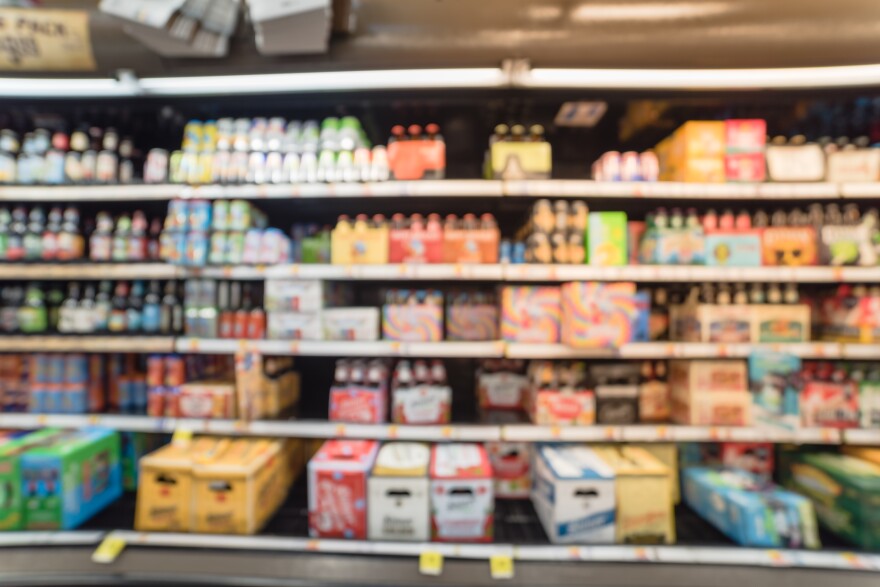A push to raise the limit on beer in grocery stores is back at the State Capitol after legislation hit some turbulence last week.
The compromise, unveiled Wednesday, would raise the cap on beer sold in grocery and convenience stores — and on tap — from 3.2 percent alcohol by weight to 4.0 percent.
Sen. Jerry Stevenson, the legislative lead for the alcohol bills, was pushing for 4.8 percent. But a House committee gutted Stevenson’s bill last week, shelving the proposed cap for a task force to study whether the change is really necessary.
Demand for 3.2 percent beer has fallen in recent years as states including Colorado and Oklahoma have allowed stronger brews in grocery stores. That has led big manufacturers to stop making some products.
Stevenson said going to a limit of 4.0 percent would keep about 88 percent of product labels on store shelves in Utah.
“It’s not certainly where we wanted to go, but I think we can get there eventually. It might take years” to get to 4.8 percent, the Layton Republican said.
The new version of the bill would keep the task force, though its makeup would be tweaked slightly.
Response to the new proposal is mixed. The Church of Jesus Christ of Latter-day Saints had opposed the 4.8 percent limit, but its lobbyist said the Church will not object to the new compromise.
“We believe the proposed compromise represents a significant improvement over the original bill,” the Church’s chief lobbyist Marty Stephens said in a statement. “Although we still have concerns, we do not oppose the compromise bill as drafted and look forward to reviewing the results of the interim study group.”
Kate Bradshaw with the Responsible Beer Choice Coalition acknowledged that big alcohol changes are difficult to get through the Legislature and called the compromise a “baby step.”
“It’s a compromise. We feel the glass is half full but it’s not all the way full,” she said.
Bradshaw’s group had threatened a ballot initiative to put stronger beer and wine in grocery stores if lawmakers did not pass Stevenson’s original bill. If the new version passes, a ballot initiative would be off the table “for at least right now,” she said.
“It’s expensive and it takes a lot of time. The earliest you could start for a 2020 ballot initiative would be April of 2019” — just one month from now, Bradshaw said.
The Utah Brewers Guild, a group of local breweries, opposed Stevenson’s original bill. Citing mixed support from its members, the guild will remain neutral on the new version.
The Guild is not taking a position on the new 4% ABW limit deal because some brewers are for it and some brewers do not support it. All of these voices are valid. We don't always agree with each other on everything, but the Utah craft beer community is a family. #utpol #utleg
— Utah Brewers Guild (@UtahBrewers) March 13, 2019



